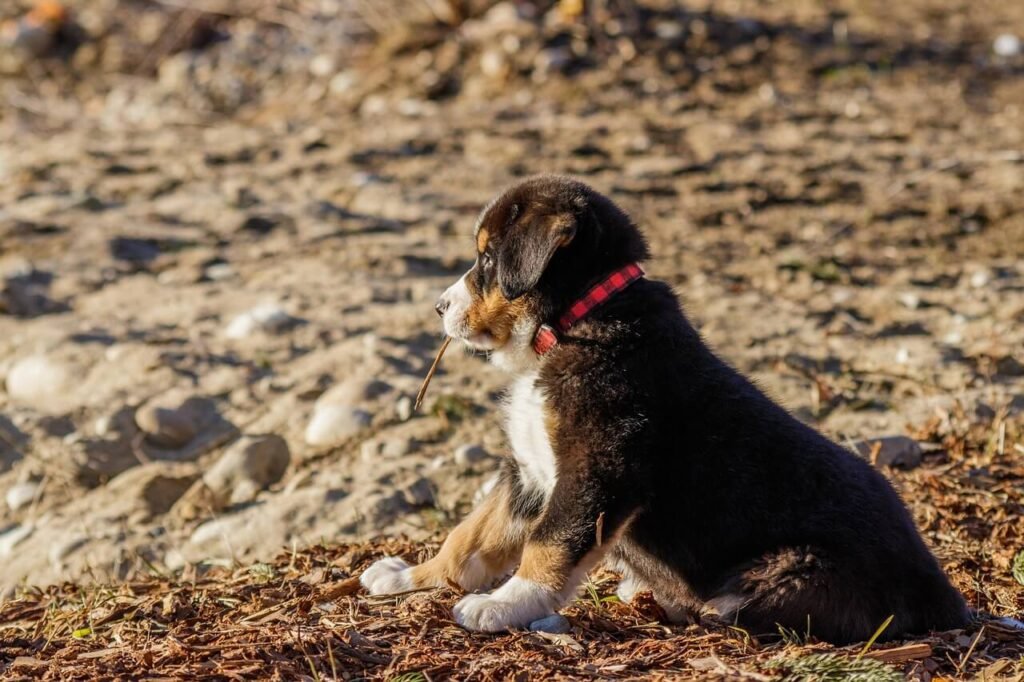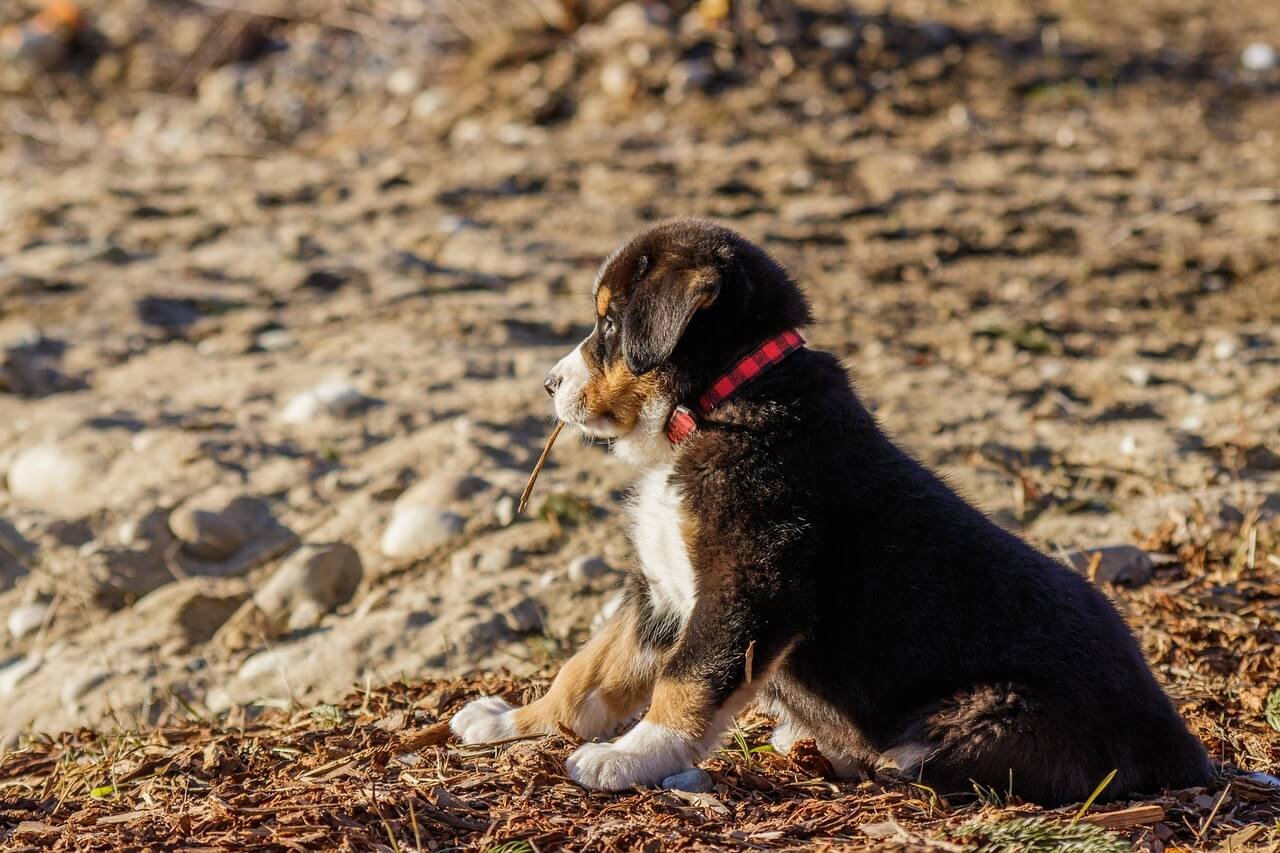Can One Grape Kill a Dog? Understanding the Hidden Danger
Grapes may seem like a harmless, juicy treat for humans, but for dogs, they can pose a serious and potentially life-threatening risk. Many pet owners are unaware of the dangers that grapes—and their dried counterparts, raisins—can present to their furry companions. While not all dogs react the same way, even a single grape has been known to cause severe health issues in some cases. This blog post dives into the risks associated with grapes, why they are toxic to dogs, and how you can protect your beloved pet from accidental exposure.
Why Are Grapes Dangerous for Dogs?
The exact reason why grapes are toxic to dogs remains a mystery, but veterinarians and researchers agree that even small amounts can lead to serious health complications. Below is a breakdown of the key factors that make grapes dangerous for our canine friends:
Grapes contain unknown toxins that affect dogs differently.
These toxins can cause acute kidney failure, which is often irreversible.
The size or breed of the dog does not determine their susceptibility to grape toxicity.
Even a single grape can be enough to trigger symptoms in sensitive dogs.
Raisins, which are dried grapes, are equally harmful and often more concentrated in toxicity.
While the mechanism behind grape toxicity is still unclear, it’s crucial to treat all forms of grapes as potential hazards for dogs. Prevention is always better than dealing with the aftermath of poisoning.
Symptoms of Grape Poisoning in Dogs
If your dog accidentally ingests grapes, it’s important to recognize the symptoms early to seek immediate veterinary care. Symptoms can vary depending on the dog’s size, breed, and the quantity consumed, but here are some common signs to watch for:
Vomiting and diarrhea within a few hours of ingestion.
Lethargy or unusual tiredness.
Loss of appetite or refusal to eat.
Abdominal pain or discomfort.
Decreased urine production or complete cessation of urination.
These symptoms indicate that your dog’s kidneys may be under stress or failing. If you notice any of these signs after your dog has eaten grapes, contact your veterinarian immediately. Acting quickly can make all the difference in saving your pet’s life.
Check this guide 👉Can Dogs Eat Grapefruit? Best 7 Expert Tips!
Check this guide 👉Can Dogs Eat Cucumbers? Best 7 Health Tips!
Check this guide 👉Can Dogs Eat Mango? Best 7 Health Tips!

Signs Your Dog Ate Grapes | Immediate Actions to Take |
|---|---|
Vomiting or diarrhea | Contact your veterinarian right away. |
Lethargy or weakness | Do not wait for symptoms to worsen. |
Loss of appetite | Induce vomiting only if advised by a vet. |
Abdominal pain | Keep your dog hydrated but avoid forcing water. |
Decreased or no urination | Monitor your dog closely for further symptoms. |
Preventing Grape Exposure in Dogs
Prevention is the best way to ensure your dog never experiences grape poisoning. By taking proactive measures, you can create a safe environment for your pet. Here are some practical tips to keep your dog away from grapes:
Store grapes and raisins out of reach, preferably in sealed containers.
Avoid feeding your dog human food unless you’re certain it’s safe.
Educate family members and guests about the dangers of grapes for dogs.
Supervise your dog during outdoor activities to prevent scavenging.
Train your dog to follow commands like “leave it” to avoid accidental ingestion.
By implementing these strategies, you can significantly reduce the risk of grape exposure and ensure your dog stays healthy and happy.
What to Do If Your Dog Eats Grapes
Accidents happen, and if your dog consumes grapes, staying calm and acting swiftly is essential. Follow these steps to address the situation effectively:
Do not panic, but act quickly to assess the situation.
Call your veterinarian or an animal poison control hotline immediately.
Do not attempt home remedies without professional guidance.
Provide details such as the amount ingested and the time of consumption.
Follow your veterinarian’s instructions precisely for treatment.
Prompt medical attention can prevent severe complications and give your dog the best chance at recovery. Always err on the side of caution when it comes to your pet’s health.
Safe Alternatives to Grapes for Dogs
If you’re looking for healthy and safe treats to spoil your dog, there are plenty of alternatives to grapes that won’t put their health at risk. These options are not only nutritious but also loved by most dogs. Here are some safe and tasty alternatives:
Blueberries are rich in antioxidants and make a great low-calorie snack.
Carrot sticks are crunchy, low in calories, and excellent for dental health.
Apple slices (without seeds) provide vitamins and fiber while being hydrating.
Plain pumpkin puree aids digestion and can help with upset stomachs.
Green beans are low in calories and high in essential nutrients like iron and vitamins.
By choosing these alternatives, you can ensure your dog enjoys a treat that’s both delicious and safe. Always introduce new foods gradually to monitor for any adverse reactions.
Foods That Are Surprisingly Toxic to Dogs
While grapes are a well-known danger, many other human foods can also be toxic to dogs. Being aware of these foods can help you avoid accidental poisoning. Below is a list of common foods that pet owners should keep away from their furry friends:
Chocolate contains theobromine and caffeine, which are highly toxic to dogs.
Onions and garlic can damage red blood cells, leading to anemia.
Xylitol, a sugar substitute found in sugar-free products, can cause liver failure.
Alcohol, even in small amounts, can lead to severe intoxication and complications.
Macadamia nuts may cause weakness, vomiting, and tremors in dogs.
Understanding the risks associated with these foods can help you create a safer environment for your dog. Always double-check ingredients before sharing human food with your pet.
Building a Dog-Friendly Home Environment
Creating a dog-friendly home is about more than just providing love and care—it’s also about ensuring your environment is free from hazards. Simple adjustments can make a big difference in keeping your dog safe. Here are some practical tips to dog-proof your home:
Store all human food securely, especially items like grapes, raisins, and chocolate.
Use baby gates or barriers to restrict access to dangerous areas like kitchens.
Keep trash cans sealed or out of reach to prevent scavenging.
Remove small objects or choking hazards from floors and low surfaces.
Regularly inspect your yard for toxic plants or chemicals that could harm your dog.
A proactive approach to dog-proofing your home can prevent accidents and give you peace of mind. Remember, a safe environment is the foundation of a happy, healthy life for your furry companion.
FAQ
Can all dogs eat grapes safely?
No, all dogs should avoid grapes. Even if some dogs seem unaffected, there’s no way to predict which dogs will experience toxicity.
Are raisins as dangerous as grapes?
Yes, raisins are just as dangerous, if not more so, due to their concentrated form.
How many grapes are toxic to dogs?
There’s no definitive answer. Some dogs have reacted severely to just one grape, while others may tolerate small amounts. It’s best to assume any amount is risky.
What should I do if my dog eats a grape?
Contact your veterinarian immediately. Do not wait for symptoms to appear.
Can grapes cause long-term damage to a dog’s health?
Yes, grape ingestion can lead to acute kidney failure, which may result in permanent damage or death if untreated.
Protecting Your Dog from Grape Toxicity
As a responsible pet owner, understanding the risks associated with seemingly harmless foods like grapes is vital for your dog’s well-being. While the question “Can one grape kill a dog?” doesn’t have a simple yes or no answer, the potential dangers are undeniable. By educating yourself, taking preventive measures, and acting swiftly in emergencies, you can safeguard your dog from the hidden threats in everyday foods. Remember, your dog’s health is worth every bit of effort you put into keeping them safe.
Cat Anaphylactic Shock Treatment Costs: Best 7 Expert Tips! – Learn about costs, treatments, and financial aid options to save your cat’s life.
Exocrine Pancreatic Insufficiency in Cats: Best 7 Tips! – Learn to spot symptoms, manage EPI effectively, and improve your cat’s quality of life with expert advice.
Cost of Dog Anaphylactic Shock Treatment: Best 7 Tips! – Learn about emergency costs, financial planning, and ways to manage expenses for your dog’s care.
Exocrine Pancreatic Insufficiency in Dogs: Best 7 Tips! – Learn to spot symptoms, manage EPI effectively, and improve your dog’s quality of life with expert guidance.





